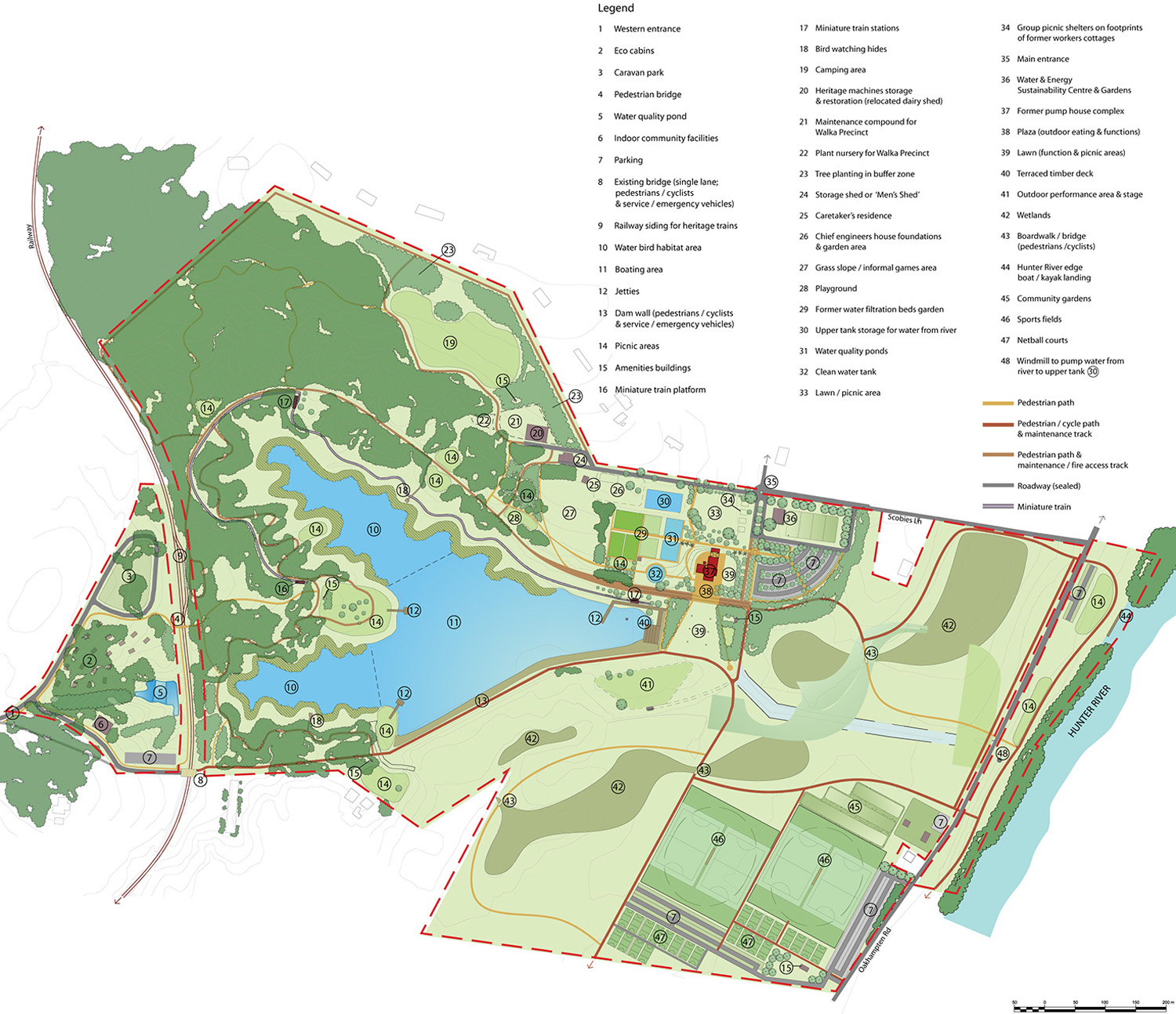
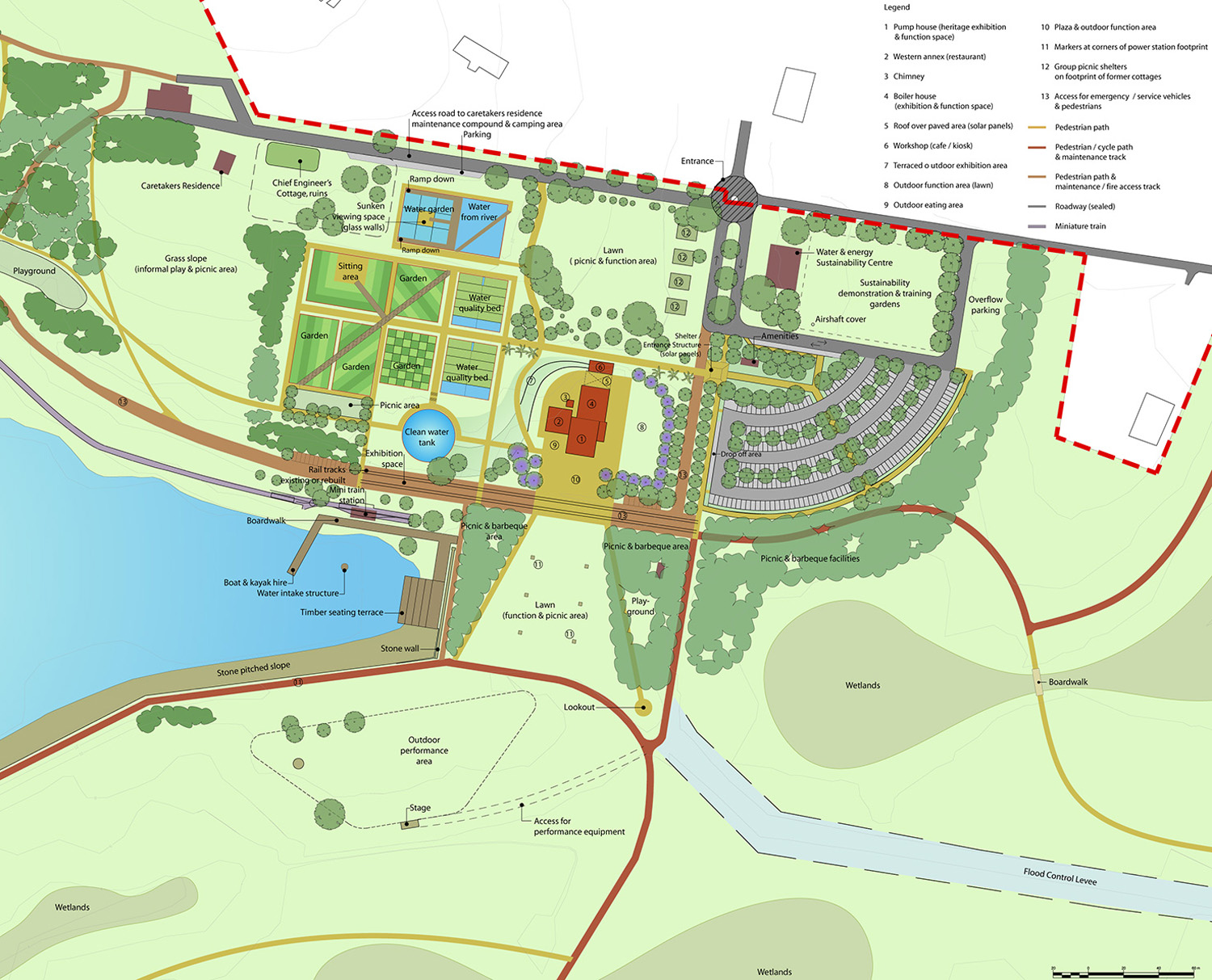
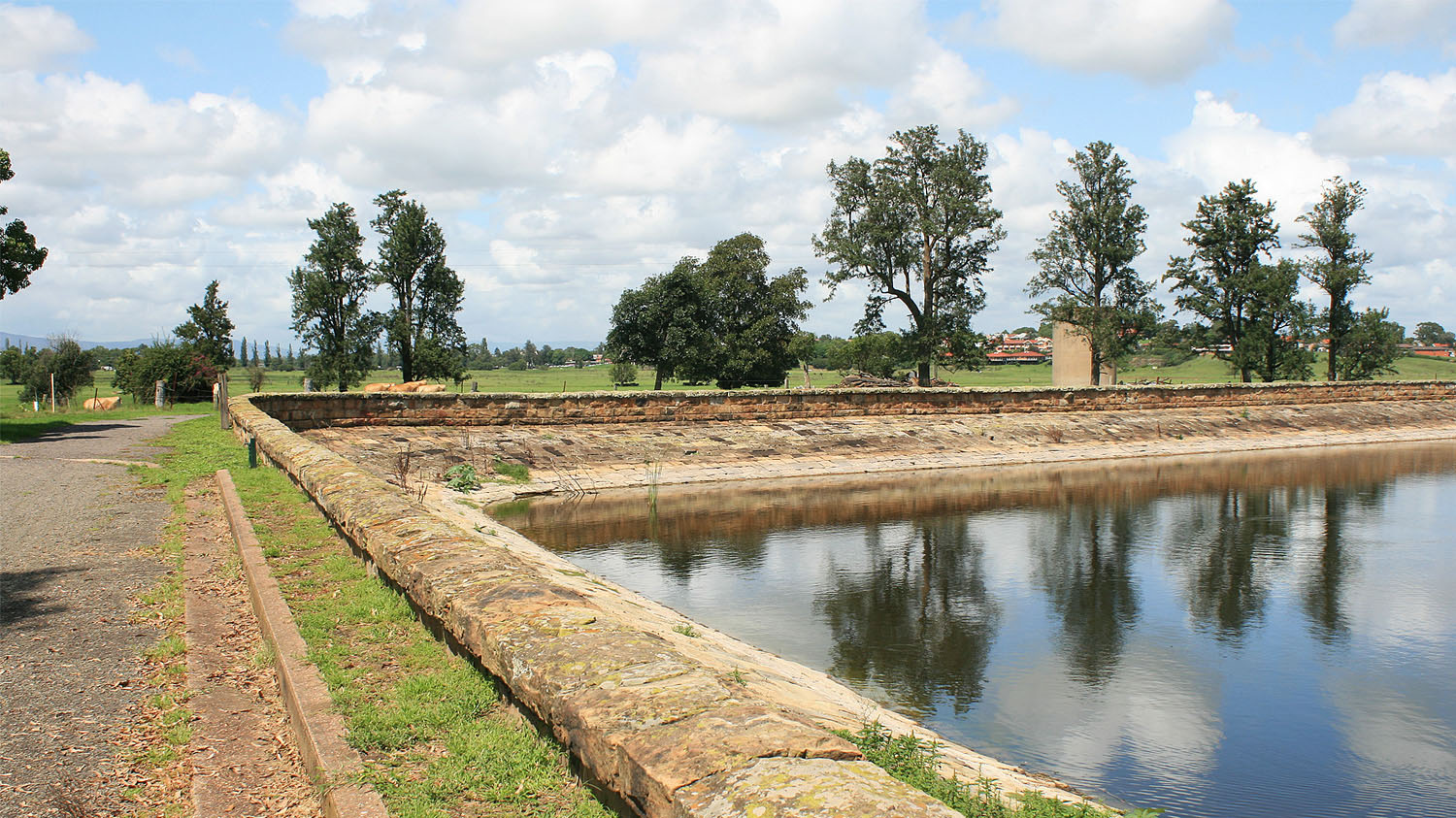

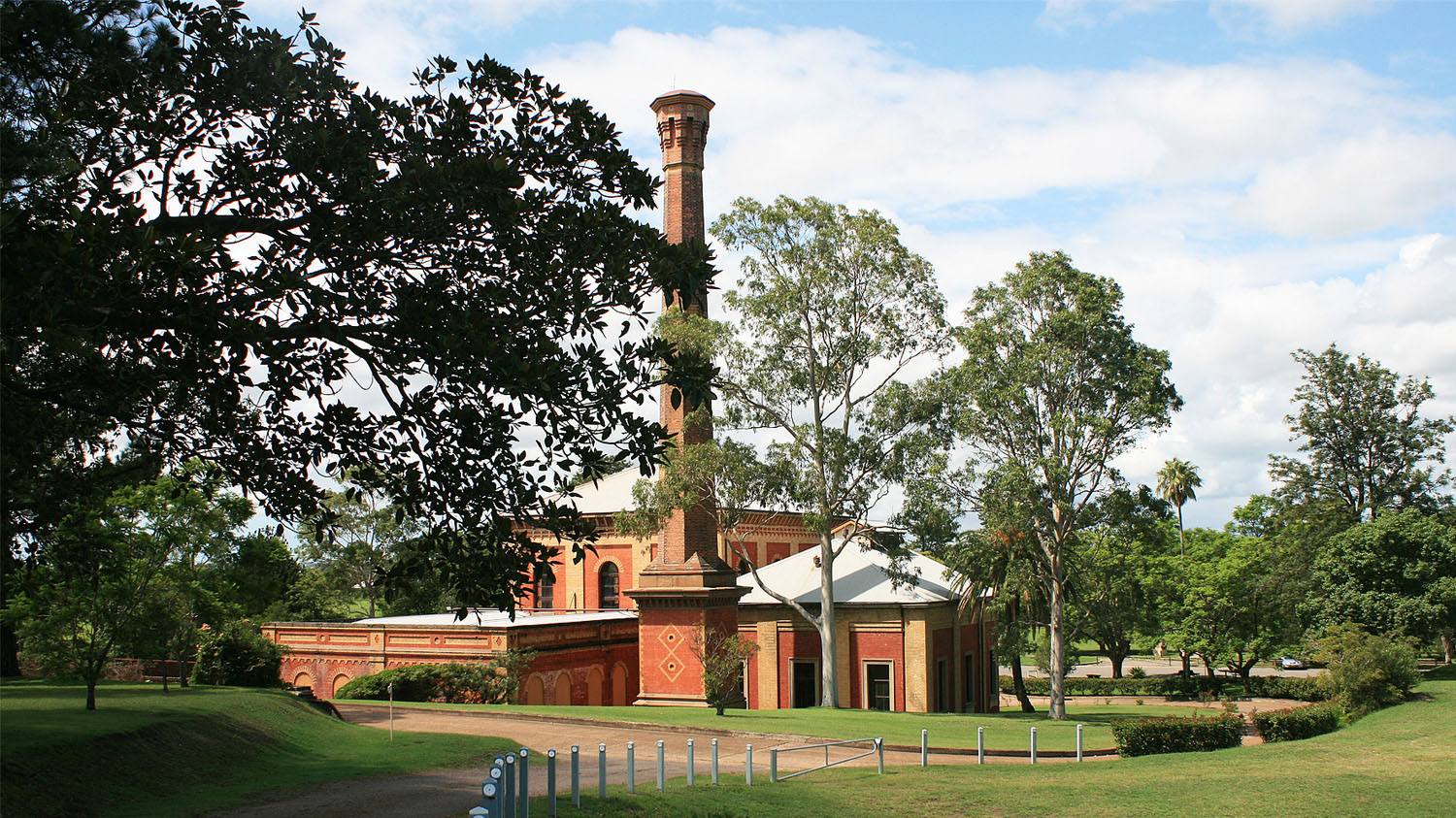
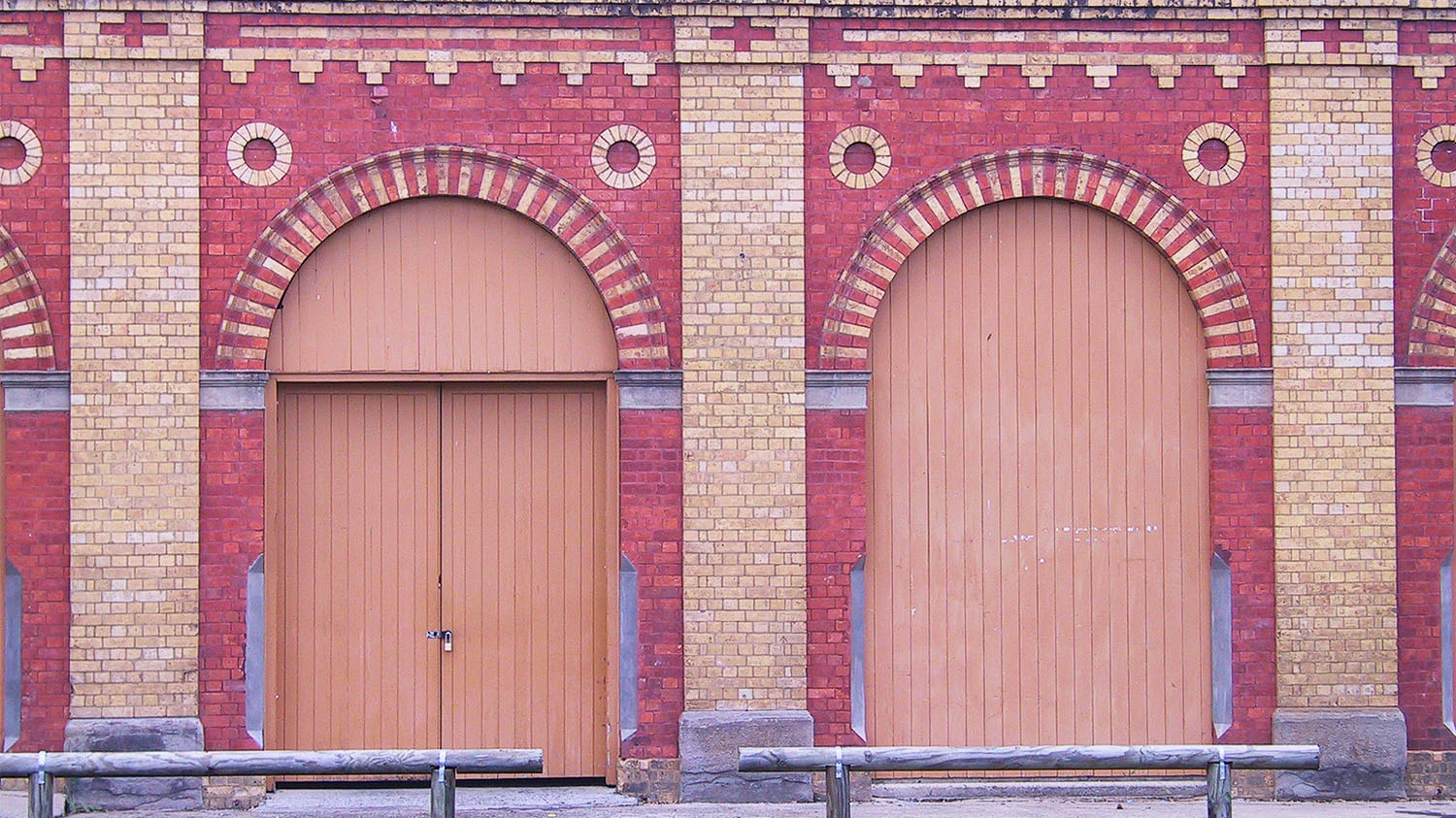
The Walka Water Works site is a 118ha area of public land adjoining the Hunter River about 2km north of Maitland. The site incorporates a rare combination of heritage values associated with the Water Works, which began operating in 1887 as the first water supply to Newcastle. The natural and cultural landscape values of the site, which include a large water body, provide a wide range of recreation opportunities. The site also includes flat agricultural land on the floodplain that was acquired by Council for public recreation uses.
Corkery Consulting was engaged by Maitland City Council to prepare a Master Plan, Plan of Management (POM) and draft Business Plan to provide a framework for the future use, enhancement and management of both Crown Land and Council-owned land as an integrated single asset.
Client: Maitland Council
Location: Maitland, NSW
Project Team:
- Landscape architecture & master planning
Corkery Consulting
- Heritage – Phillips Marler
- Engineering - Martens
Images: Corkery Consulting
PROJECT DESCRIPTION
A comprehensive and detailed site assessment identified a diverse set of constraints and opportunities. They included risk factors associated with the site that are addressed in the Master Plan such as flooding, stormwater quality, site contamination and bushfire hazard. Existing road access is limited to a single road that is subject to flooding and consequently an opportunity was identified to upgrade an existing bridge over the railway line to provide an alternative flood free access.
Community consultation was a key component of the Master Plan and POM and included public workshops
briefing members of Council and responding to submissions from community groups and individuals.
Key components of the Master Plan include:
- Sports fields and other recreation facilities
- Conservation and interpretation of cultural heritage values
- Refurbishment of the Pump House to incorporate a café, meeting and exhibition space
- Environmental education and interpretation of the water
- Cultural events and celebrations
- Performing and visual arts
- A path network throughout the site with connections to adjoining areas including the Hunter River
- Conservation and enhancement of ecological values
- Financial viability
The Master Plan aims to achieve sustainable management of the site for both current and future generations. It provides an integrated planning and management approach that balances environmental, heritage, social, and economic values associated with the site to effectively meet community needs and aspirations over time.
